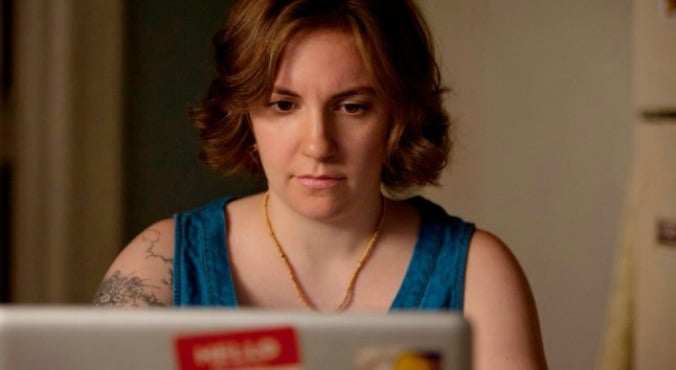
Image: Hannah from Girls would totally Google her symptoms (HBO).
Picture this: late one night, you notice a strange new symptom in your body. Let’s just say it’s pins and needles in your left thumb.
Concerned, you grab your phone to make an appointment with your go-to medical expert. No, not the one in the GP’s office down the road — they closed hours ago, plus you wouldn’t want to leave the house in this weather anyway — but good ol’ Dr Google.
RELATED: Why consulting Dr Google is the worst thing you can do for your health.
After tapping your symptoms into the search bar, some dire news appears on the screen: You have brain cancer, typhoid, and the measles.
In truth you probably don’t have any of these illnesses, because Dr Google is actually not a qualified medical expert. You know this. We all know this. And yet we continue to research our health complains on websites and forums rather than consulting with an actual, real-life doctor.
Now, a Melbourne-based group of doctors is aiming to tackle this by providing Australians with health information that is accurate, credible, and approved by an Advisory Board — and only a click or two away. (Post continues after gallery.)
Our favourite on-screen doctors
They’ve launched a website called Health& (healthand.com) to act as a “digital doctor”, answering health FAQs and help users store and organise their health information.
“It is encouraging to see people taking an active interest in learning and communicating about their health online – we know that Dr Google and Professor Wikipedia are working 24 hours a day,” Health&’s Medical Advisory Board chairman Professor Leon Piterman tells NewsMail.
RELATED: 5 skin symptoms that can signal an underlying health problem.




























































































